SLP Summit - Summer 2025
Join us for our 9th semi-annual SLP Summit, a premier 3-day virtual conference bringing together speech-language pathologists from around the globe. Earn ASHA CEUs while learning from leading experts in the field.
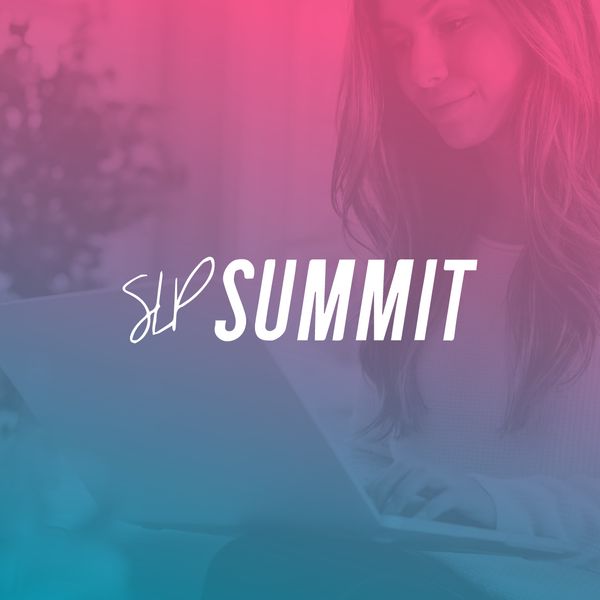
The Most Trusted Conference for SLPs for Nearly a Decade
Since 2017, SLP Summit has brought together thousands of speech-language pathologists from around the world for high-quality, practical, and inspiring professional development. Join a community that values evidence-based learning, real-world strategies, and connection.
What You'll Get
Live Presentations
- ✓6 live presentations over 3 days
- ✓Interactive Q&A sessions
- ✓Access to session recordings
Professional Development
- ✓Earn PDHs or ASHA CEUs
- ✓Virtual networking
- ✓Resource materials
Community Access
- ✓Join our Summit Facebook group
- ✓Connect with fellow SLPs
- ✓Connect with presenters
- ✓Stay updated on future events
What Past Attendees Say
"The SLP Summit was the best virtual conference I've attended—so many practical takeaways!"
Jane D., SLP"I loved the variety of topics and the quality of the presenters. Highly recommend!"
Michael R., CCC-SLP"The courses and resources were invaluable. I'll be back next year!"
Sara P., M.S., SLPConference Schedule
All session times shown in Eastern Daylight Time (EDT)
Day 1 - July 21, 2025
First Session
3:00 - 4:00 PM EDT
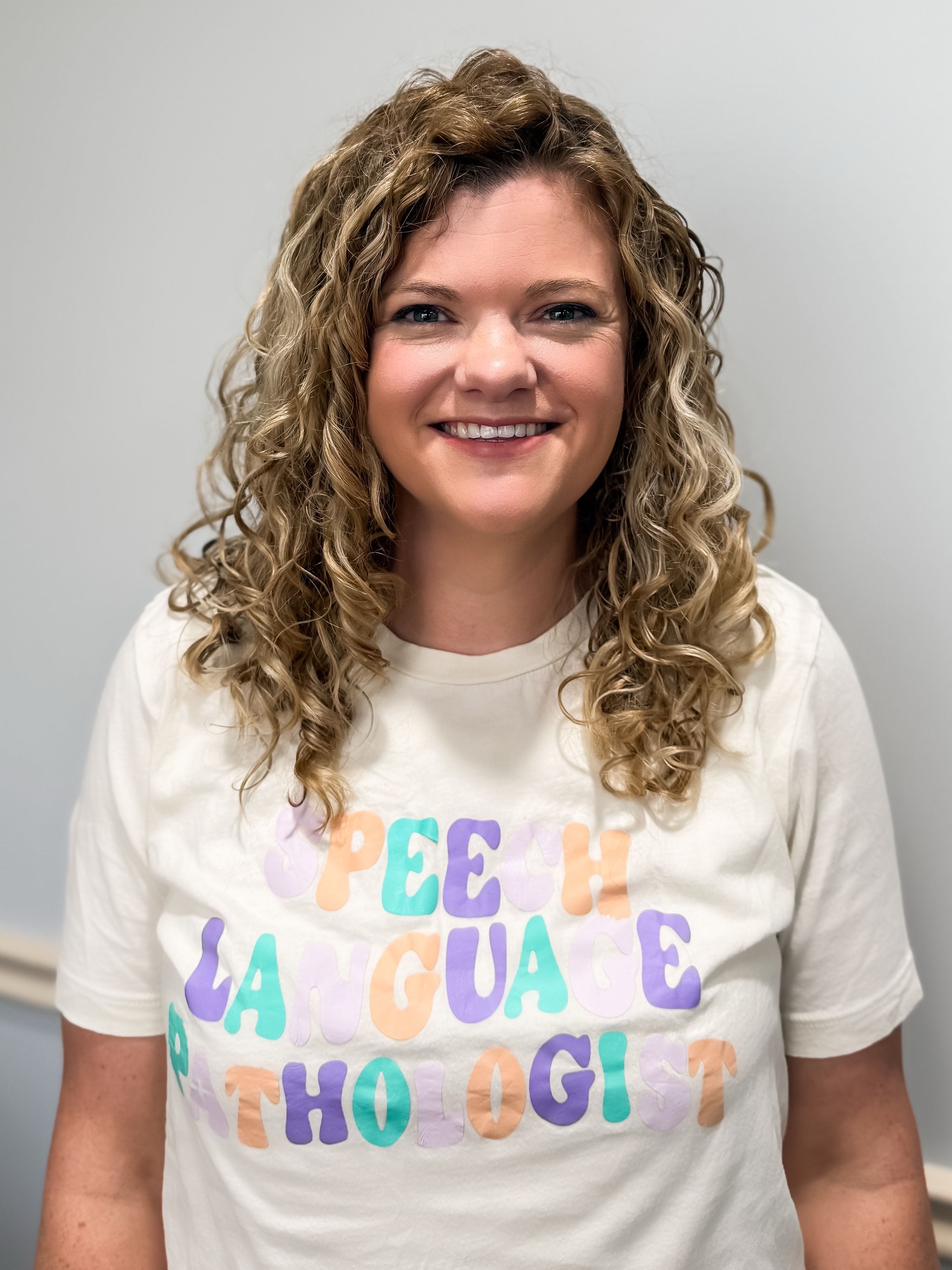
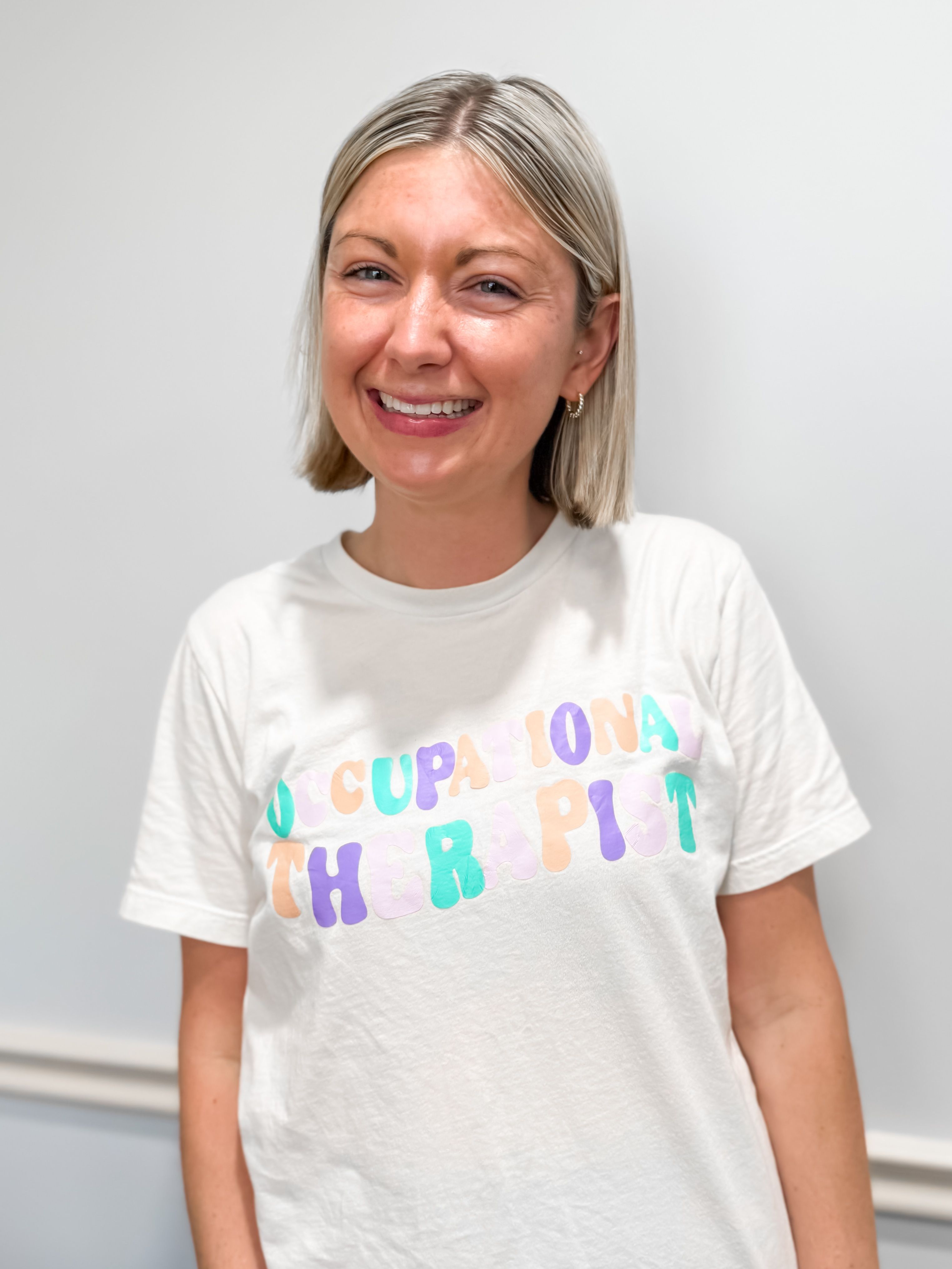
Jenna Kirk
MA, CCC-SLP
Katie Boehm
OTD, OTR/L
Better Together: OT and SLP Co-Treatment in Action
This course is designed for occupational therapists and speech-language pathologists working in preschool settings. Through real-world examples, discussion, and collaborative planning strategies, participants will explore the benefits and logistics of co-treatment within the school system. Emphasis will be placed on interdisciplinary collaboration, logistics of co-treatment goal alignment, and evidence-based interventions that address the diverse needs of preschool-aged children.
Second Session
5:00 - 6:00 PM EDT
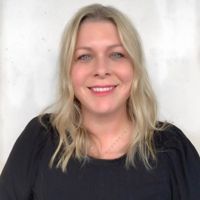
Lisa Kathman
MA, CCC-SLP
Dear AI, Please Do My Paperwork for Me
This course explores how school-based SLPs can streamline data collection and documentation using software and AI tools. Participants will learn Family Educational Rights and Privacy Act (FERPA)-compliant workflows to improve the efficiency and quality of IEP present levels, progress reports, and therapy planning through real-world examples and practical strategies.
Day 2 - July 22, 2025
First Session
3:00 - 4:00 PM EDT

Marisha Mets
M.S. CCC-SLP
Referrals Made Easy: The Low-Stress System Every School-Based SLP Needs
Discover a streamlined system for managing speech-language referrals with greater clarity and confidence. This session provides school-based SLPs with practical tools—checklists, forms, and workflows—to reduce overwhelm, improve decision-making, and support appropriate service delivery.
Second Session
5:00 - 6:00 PM EDT
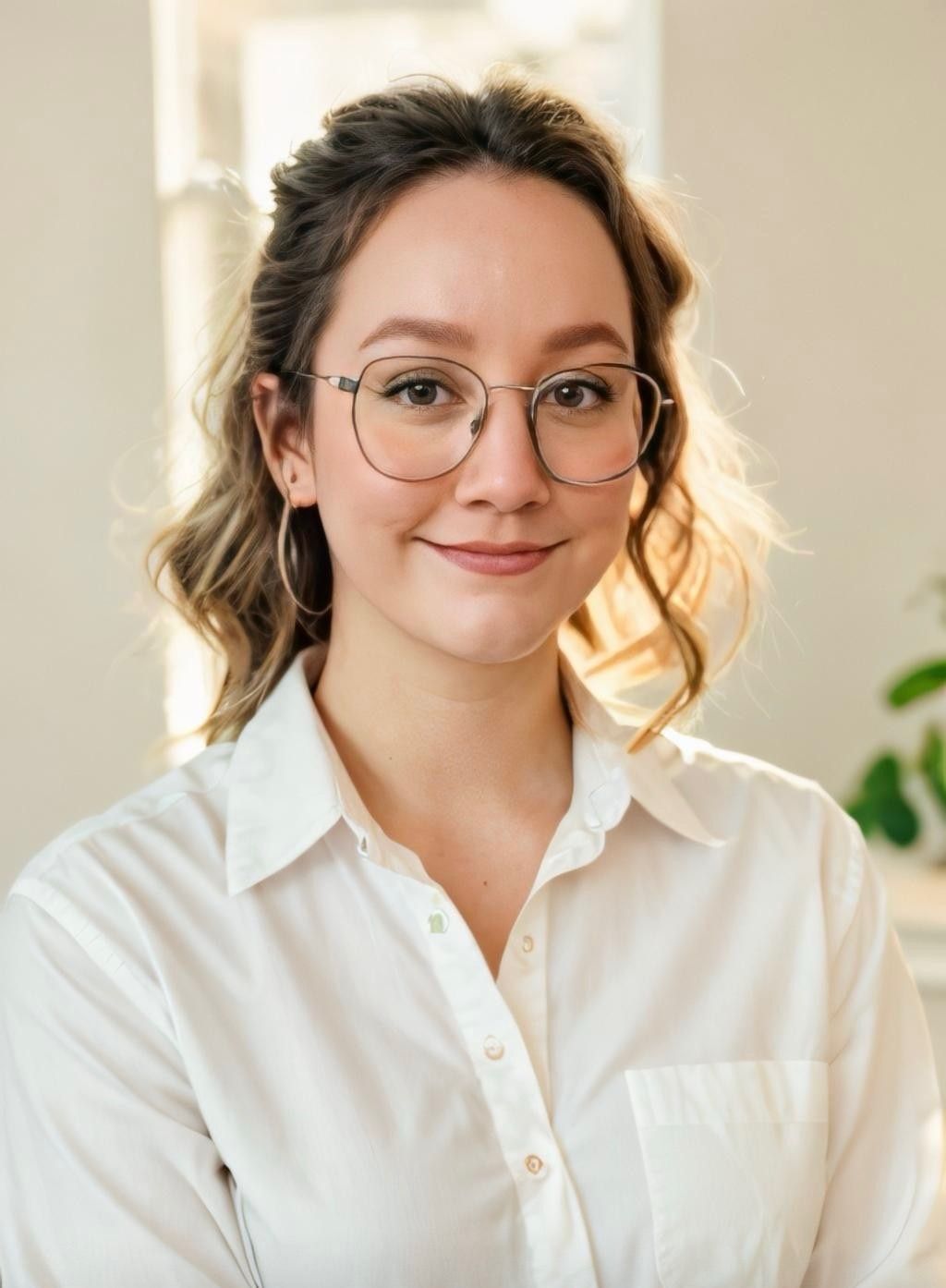
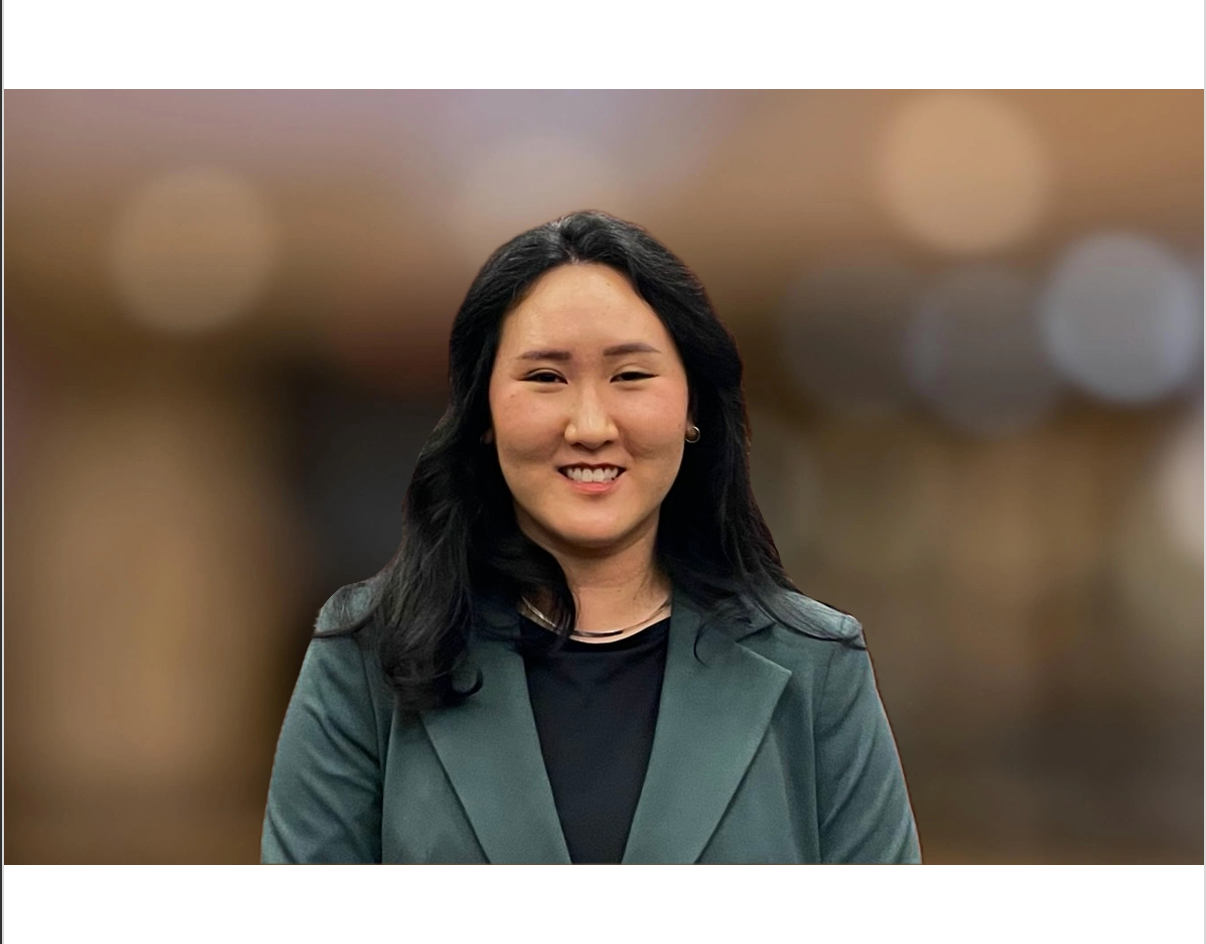
Krystal Ashe
MSCIN
Amie Baek
Esq.
Advocacy and Law: Best Practices and the Legal Framework Supporting Advocacy
Join Amie Baek, Esq. and Krystal Ashe, MSCIN, as they dive into special education advocacy: the crossroads between SpEd law and fighting for the best interest of your students. This course will cover the basic principles of Special Education Advocacy, the legal framework that supports advocacy, and tips for best practices that related service providers can put into practice to best serve students with disabilities, particularly when it comes to advocating for appropriate services, writing compliant IEPs and other documentation, and ensuring student needs are met.
Day 3 - July 23, 2025
First Session
3:00 - 4:00 PM EDT
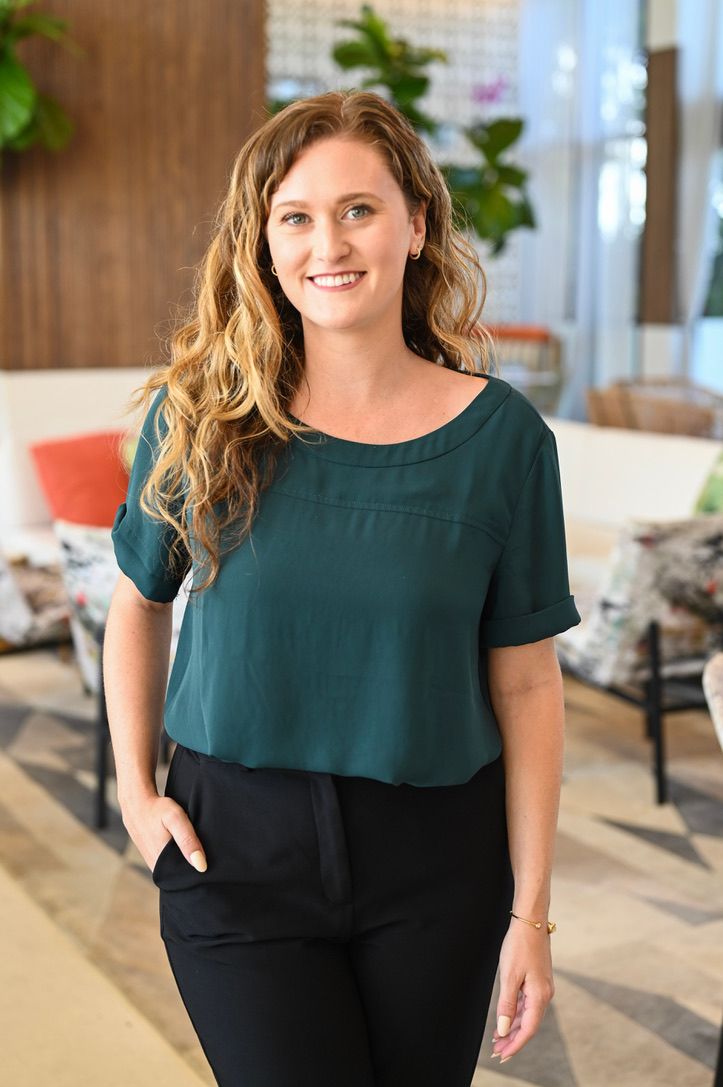
Rachel Archambault
M.A. CCC-SLP
Trauma Informed Middle/High School SLP Therapy
Being a trauma-informed SLP means that we are actively trying to reduce the risk of causing harm. When middle and highschoolers are still in speech at that age, they may be embarrased to see their SLP or refuse all together. By being trauma informed, we increase access to services they need. SLPs will be able to identify the pillars of TIC, implement language changes to help reduce possible harm, trauma, and retraumatization, and identify when clients/students might be dysregulated.
Second Session
5:00 - 6:00 PM EDT

Anuj Bhatnagar
SLP.D. CCC-SLP
Ghost the Delushonship, No Cap: Supervision of Generation Z in the SLP workplace
This course is designed for speech-language pathologists (SLPs) in supervisory positions seeking to understand the priorities and tendencies of members of Generation Z (born 1995-2010). By understanding gaining an understanding of Generational Theory, supervisors of Generation Z will learn strategies to work across generations, as well as understand their own biases and how those may influence the supervisory relationship.
Why Register?
- It's free!
- Trusted by thousands of SLPs
- Official ASHA CEU provider
- Replays available through August 15th
- Join live and be automatically entered to win prizes
- All courses are ASHA-approved
"The SLP Summit was the best virtual conference I've attended—so many practical takeaways!"
Jane D., SLP
Sponsors
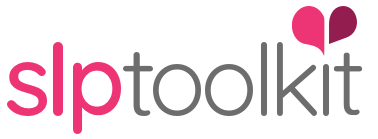
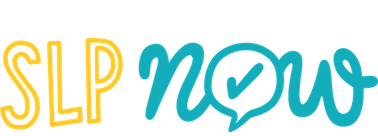
Frequently Asked Questions
How do I access the live sessions?
After registering, you'll receive an email with login instructions and links to access the virtual conference platform.
Will sessions be recorded?
Yes, all sessions will be recorded and available to registered participants until August 15th.
How do I earn ASHA CEUs?
To earn ASHA CEUs, you must purchase the ASHA CEU add-on and complete all required steps by the 15th of the next month after viewing the sessions.
Can I register for individual days?
Registration is for the full 3-day conference. We encourage attending all sessions for the complete learning experience.
Can I share with my colleagues?
Yes! The SLP Summit is open to students, educators, and parents. Anyone can join, just create an account at bethebrightest.com and sign up!
What are the key dates and deadlines?